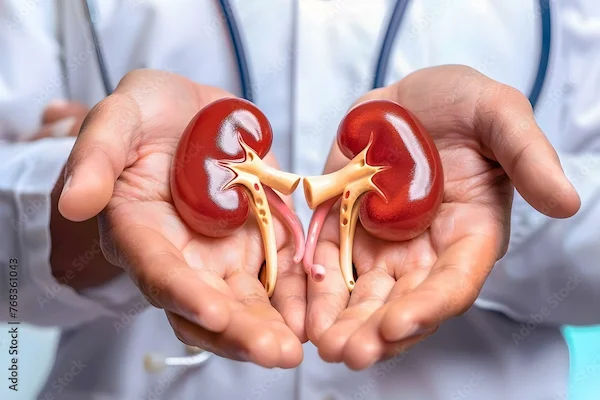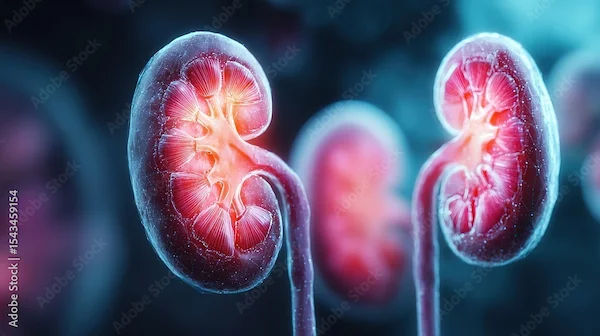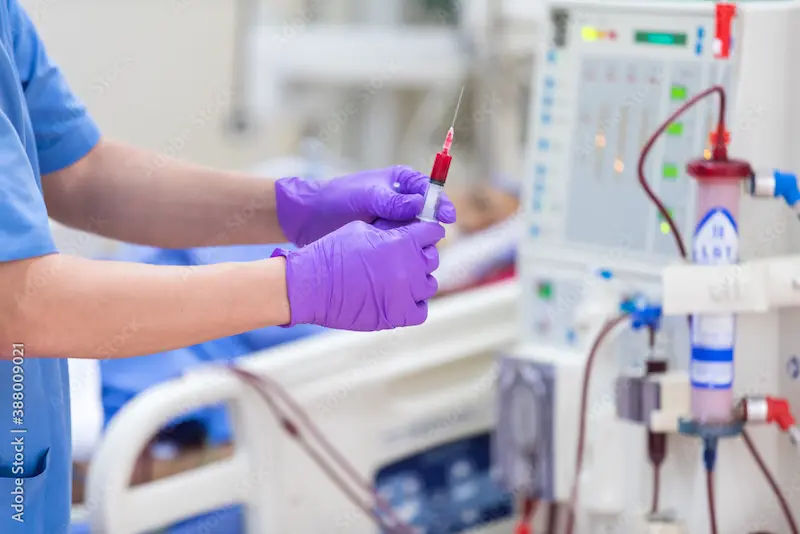- Male
- 33 Years
- 22/01/2025
I've just learned that my dad has chronic kidney failure, and the doctors are suggesting a kidney transplant. They say my kidney is a match, and I've decided to donate. Can you give me some guidance on what to expect or prepare for? I'm 33 and just want to make sure I'm making the right choices and fully understand what's involved.
Answered by 1 Apollo Doctors
Before the kidney transplant, you will need to undergo a series of tests to ensure that you are healthy enough for the procedure. This includes blood tests, imaging tests, and a thorough physical examination. As a donor, you will also need to follow a specific preparation regimen before the surgery. After the transplant, you will be prescribed immunosuppressant medications to prevent rejection of the transplanted kidney. Common medications include Tacrolimus, Mycophenolate, and Prednisone. The dosage and frequency of these medications will be determined by your transplant team based on your individual needs. It's important to follow your healthcare team's instructions closely and attend all follow-up appointments to monitor your kidney function and overall health post-transplant. If you have any concerns or experience any unusual symptoms, be sure to inform your healthcare provider promptly.
Dr. Mubarak Suggests...
Consult a Nephrologist
Answered 04/07/2025
0
0

More Nephrology Health Queries
View allI'm noticing some albumin in my urine for the past month or so. It's been bouncing between 1 and 2, though now it's less than 1. Sometimes it still goes up to 1 or 2. Should I be worried about this? Could there be an issue with my kidneys or something else with my urine?
This can be a sign of kidney damage or dysfunction. To help reduce the albumin in your urine and protect your kidneys, you can take medications such as ACE inhibitors like Enalapril 10mg once daily or ARBs like Losartan. It is important to also follow a low-salt diet and stay hydrated. Regular follow-up with your healthcare provider is recommended to monitor your kidney function.
Answered by 1 Apollo Doctors
I'm feeling some pain around my kidney area and sometimes I'm having trouble breathing and feel some pain in my heart. Should I be worried about this? What could be causing these symptoms?
Usg abdomen and thoracolumbar spine AP and Oblique view is advised to the patient.
Answered by 1 Apollo Doctors
I'm a kidney transplant patient and I've been noticing my weight is going up every day. I'm currently on prednisolone 10 mg, cyclosporine, and mycept. Could you give me some advice on how to manage my weight better?
take small frequent meals and do regular exrcises
Answered by 1 Apollo Doctors
Disclaimer: Answers on Apollo 247 are not intended to replace your doctor advice. Always seek help of a professional doctor in case of an medical emergency or ailment.





